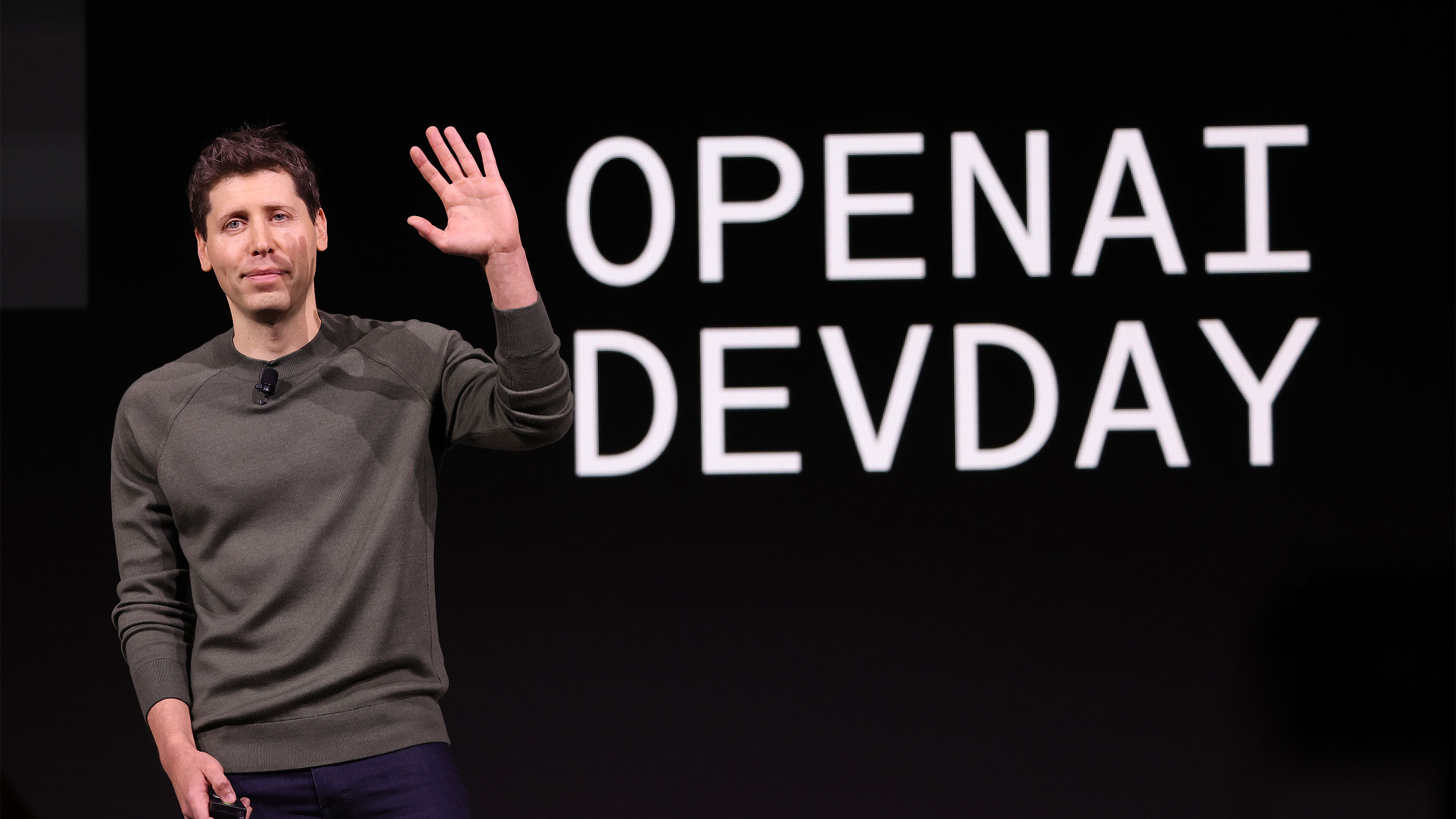As the great resignation rages on, there’s a secret way to retain talent: technology.
How many of you have changed jobs in the past year?
If you haven’t yet, how many of you are planning to make a change? According to a recent study, “three out of four full-time employees are planning to quit their job this year,” building on the tens of millions who have already made the switch. In the tech industry, we’re at full/maximum employment with unemployment rates at 1.7% in January, down from 2% in December. And, make no mistake about it, this dynamic has put the balance of power firmly in the hands of employees, who are demanding higher pay, greater benefits, and a new approach to work-life balance.
Now, what can you do with this information as an IT or security leader? This isn’t just a problem (or opportunity) for HR or senior management. In the competition for talent, technology can make all the difference. Let’s explore through a tale of two companies, each on relatively equal financial footing, with a strong outlook, in the same industry. Each has a backlog of unfilled jobs. One company is anchoring on a return to office, and their CEO proudly shares her perspective around the importance of being in the office, together, for better collaboration and, she believes, better outcomes. They’ve made it through the pandemic by incrementally adding VPN capacity for remote work – and their traditional network and security architecture hasn’t fundamentally changed. It works, but users hate it, and it introduces significant cost and complexity.
The other company leads with the concept of fully remote or hybrid work – and they’ve expanded their pool of talent to the entire globe. The company’s CIO worked with her CISO to modernize their legacy network security infrastructure that was built around firewalls and VPNs. In its place, they introduced a zero trust platform delivered from the cloud that enables secure, fast access to every business resource—across any device, from any location—with significantly stronger security and a better user experience.
Which company will be able to attract and retain the best and the brightest talent? Increasingly, technology leaders can be the lynchpin in your recruiting process.
Now, what does this new technology landscape look like? Specifically, let’s level set on just how much the pandemic has shifted dynamics, with Gartner predicting that “at least 70% of all new remote access deployments will be served predominantly by zero trust network access (ZTNA) as opposed to VPN services, up from less than 10% at the end of 2021.” This is a once-in-a-generation shift, moving from a technology architecture that has been the standard for the last three decades, to something better suited for the modern workplace.
While zero trust and zero trust network access (ZTNA) aren’t new terms, they weren’t widely adopted until COVID-19 flipped the workplace as we know it on its head. Fundamentally, first-generation ZTNA offerings were built on the principles of least-privileged access, where only the right user can access the right application, with direct, secure connections to apps, not the network, without ever exposing apps to the internet.
This was a revolution compared to traditional approaches like VPNs, with “72% of organizations concerned that VPNs may jeopardize their ability to keep their environment secure,” as they allow unconstrained lateral movement — like the spread of ransomware — by putting employees and third-party users on the network for access. Or, just as risky, allowing apps and the VPN itself to be exposed to the internet, enabling them to be found and attacked, as we saw with the Log4j compromises or the constant stream of firewall vulnerabilities.
But, as we lean into the future of the hybrid workplace, ZTNA itself must evolve to address the challenges that a fully remote workforce brings – that of compromised users. What happens when an advanced attacker takes control of a privileged user? Enter next-generation zero trust network access. Building on the security and user experience gains of first-generation offerings, next-gen ZTNA brings security to the forefront by adding inline inspection to stop sophisticated threats, native app deception to identify compromised users, and extends the scope of zero trust to workloads and internet of things.
Next-gen ZTNA adds advanced security capabilities to serve the evolving needs of security and IT leaders tasked with enabling employees to seamlessly move between their homes, remote locations, branch offices, or office headquarters.
With the right architecture, security can truly be a business enabler. You can stop breaches, deliver a superior user experience, and ensure you have the right framework to find and keep the best talent in the industry. Is your organization set up to win the competition for talent?
Join Zscaler’s Zero Trust Live event on March 22nd, 2022 to experience the future of zero trust for yourself.



































